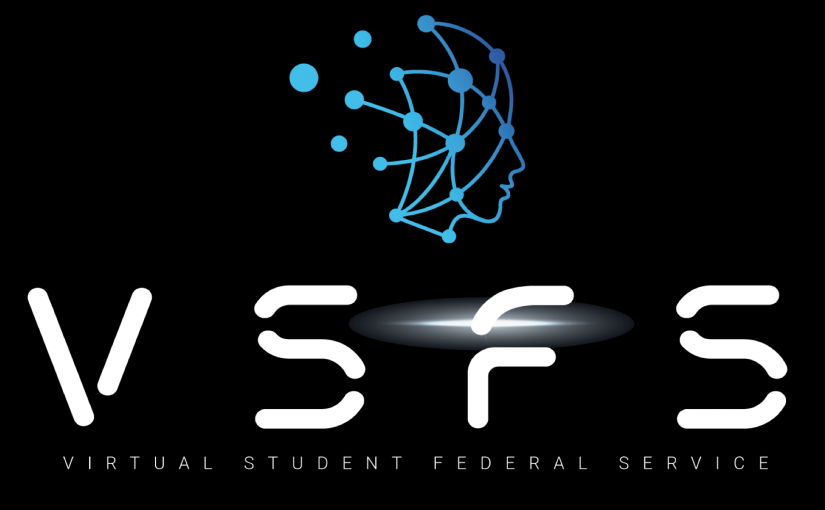There are thousands of jobs in the federal government and finding the one right for you can be an exhaustive process. Have you ever wondered if there was an easier way to determine which federal government job is the best fit for your interests? There is! The USAJOBS Career Explorer helps job seekers find occupations in the federal government that align with their career interests.
Job seekers answer a series of questions (10-15 minutes) that result in a matched list of federal occupational series. The list offers explanation of jobs in plain language and links to relevant open job announcements. The Career Explorer covers over 300 occupations in the General Schedule and Wage Grade pay scale.
Try the USAJOBS Career Explorer!

